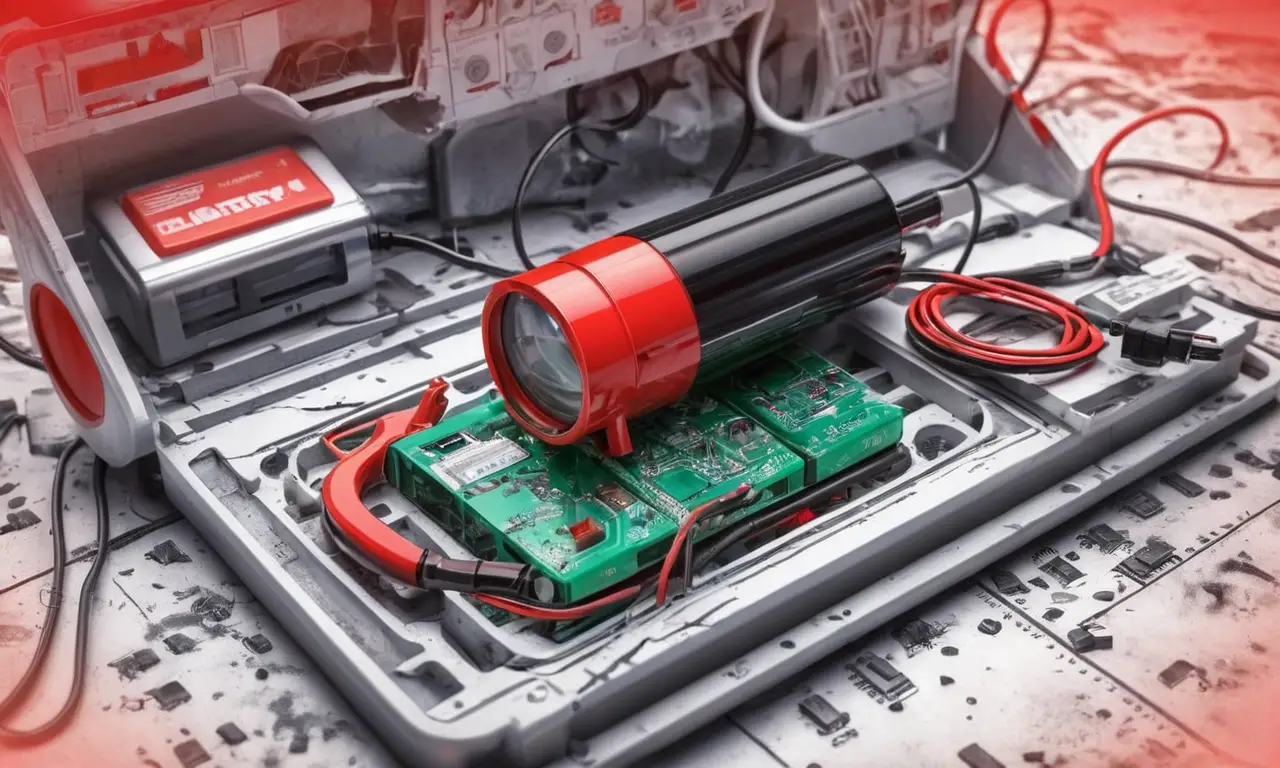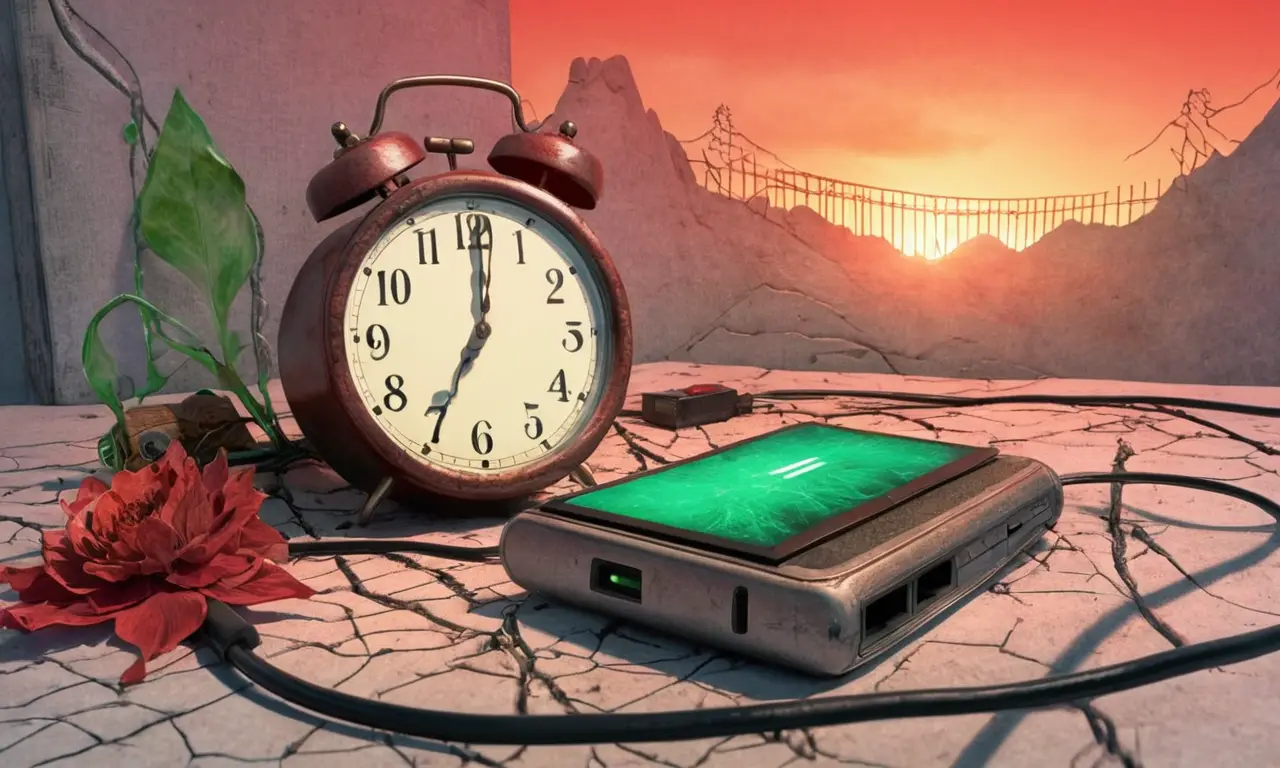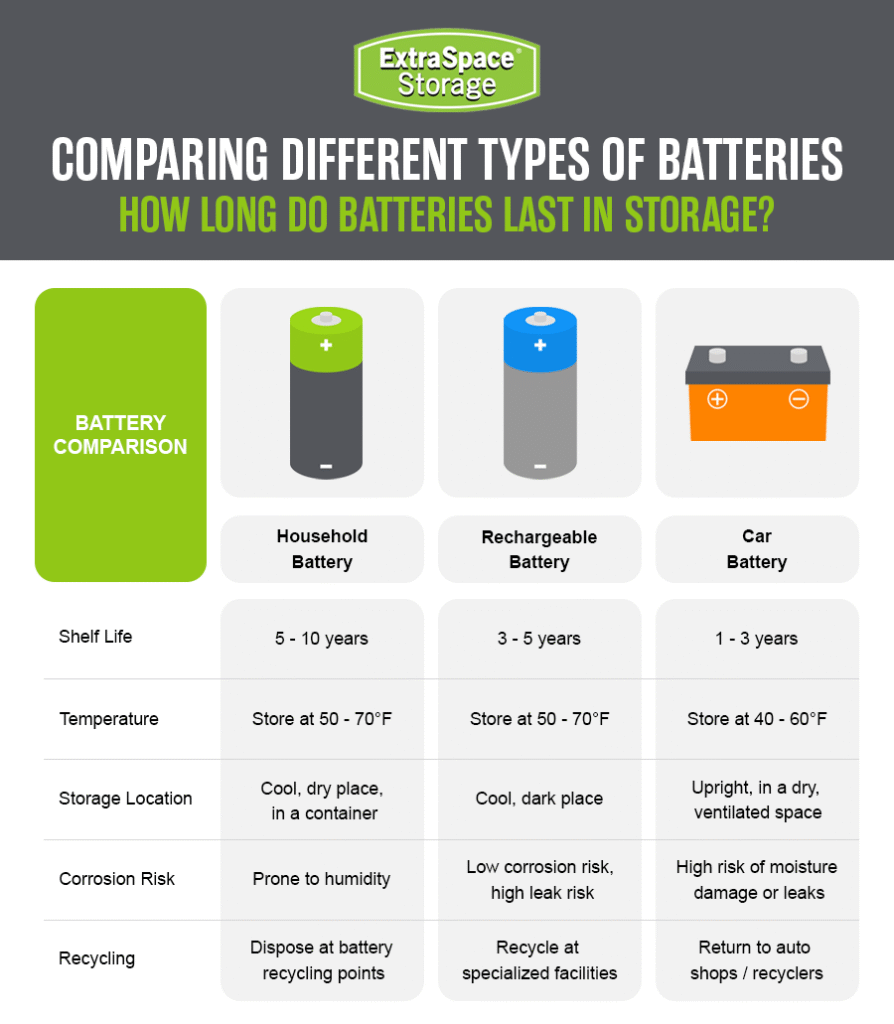Ever wondered how long those batteries tucked away in your drawer will actually last? It’s a common question, especially when you stumble upon an old flashlight or remote control that seems to have lost its power. The truth is, how long do batteries last unused depends on several factors, including the type of battery, storage conditions, and even the age of the device using them.
This article will delve into the fascinating world of battery shelf life, exploring the average lifespan of unopened and used batteries, the factors that influence their longevity, and the best practices for storing your batteries to maximize their potential. By the end, you’ll have a clear understanding of how to keep your batteries powered up and ready when you need them most.
Battery Shelf Life
The general rule of thumb is that unopened batteries can retain their charge for 5 to 10 years. However, this is just an average, and the actual lifespan can vary significantly depending on the type of battery and how it’s stored. Alkaline batteries, commonly found in everyday devices like flashlights and toys, tend to have a longer shelf life than lithium-ion batteries, which are used in smartphones and laptops.
How long do unopened batteries last is a question with a relatively straightforward answer: several years. But what about how long do unused batteries last once they’re opened? Even when not actively powering a device, batteries gradually lose their charge over time due to a process called self-discharge. This means that even if you store your batteries properly, they will eventually become unusable.
Factors Affecting Battery Lifespan

Several factors can influence the lifespan of your batteries, both unopened and used.
Battery Chemistry
Different types of batteries are designed with different chemistries, which directly affect their shelf life. Alkaline batteries, for example, have a longer shelf life than lithium-ion batteries because they are less prone to self-discharge.
Temperature
Extreme temperatures can significantly shorten the lifespan of your batteries. Both heat and cold can accelerate the chemical reactions within the battery, leading to faster degradation. Ideally, store your batteries in a cool, dry place with moderate temperatures.
Storage Conditions
The way you store your batteries can have a major impact on their longevity. Avoid storing them in damp or humid environments, as moisture can corrode the battery terminals and reduce their lifespan.
Storage Conditions for Batteries
Proper storage is crucial for maximizing the shelf life of your batteries. Here are some tips to keep your batteries powered up for longer:
- Store in a cool, dry place: Avoid storing batteries in direct sunlight, near heat sources, or in humid environments. A cool basement or closet is an ideal storage location.
- Keep them away from moisture: Moisture can corrode battery terminals and reduce their lifespan. Store batteries in airtight containers to prevent exposure to humidity.
- Avoid stacking heavy objects on top of batteries: This can damage the battery casing and shorten its lifespan.
Battery Degradation Over Time

Even with proper storage, all batteries will eventually degrade over time. This is a natural process that occurs as the chemical reactions within the battery slow down.
Self-Discharge
Self-discharge is the gradual loss of charge that occurs even when a battery is not in use. This happens because some energy is always being lost through internal resistance and other factors. The rate of self-discharge varies depending on the type of battery and storage conditions.
Internal Resistance
As batteries age, their internal resistance increases. This means that they become less efficient at converting chemical energy into electrical energy, resulting in a decrease in power output.
Conclusion
Understanding how long do batteries last unused is essential for anyone who wants to make the most of their devices and avoid frustrating dead batteries. While unopened batteries can retain their charge for several years, even unused batteries will gradually lose their power over time. By following proper storage practices and being mindful of the factors that affect battery lifespan, you can extend the life of your batteries and keep them ready when you need them.



